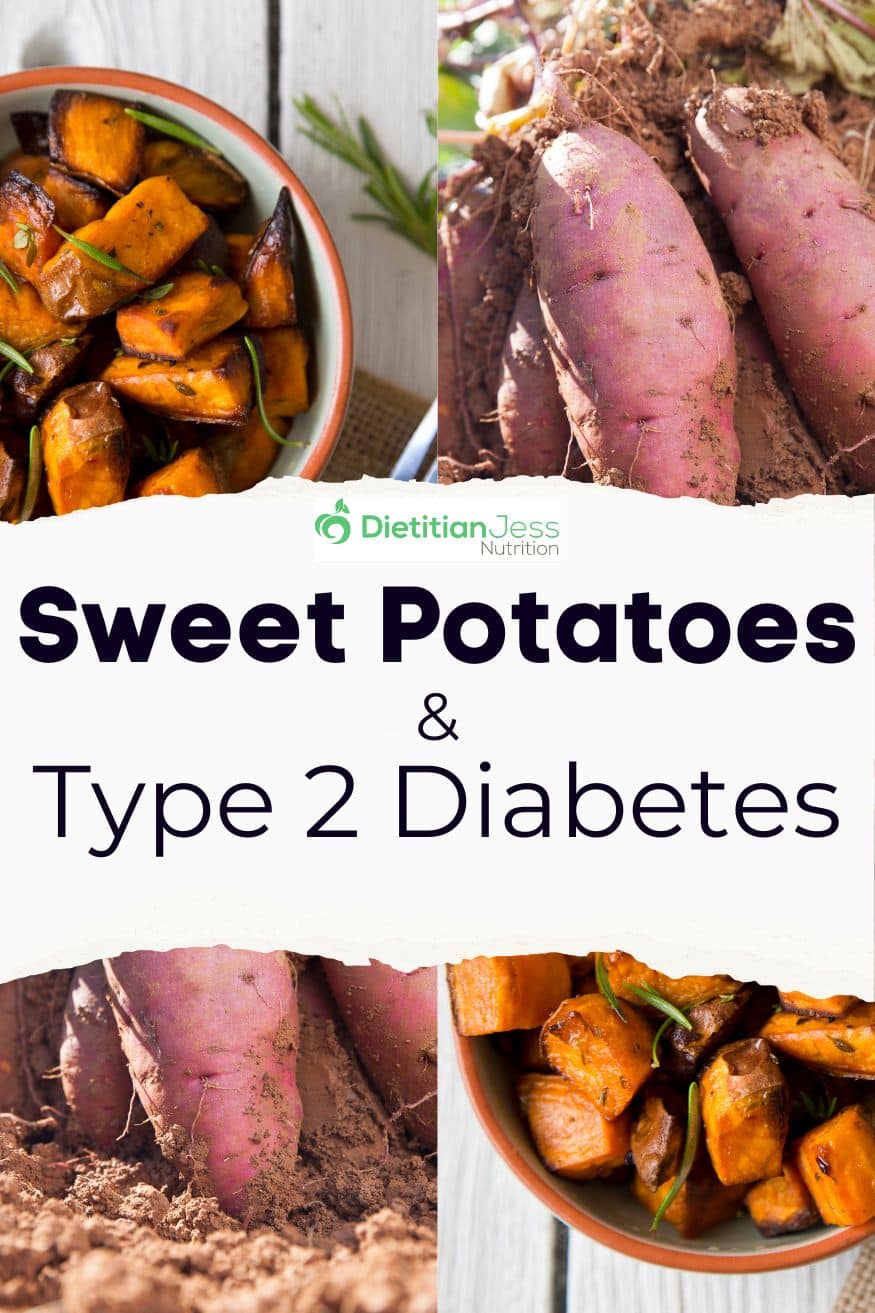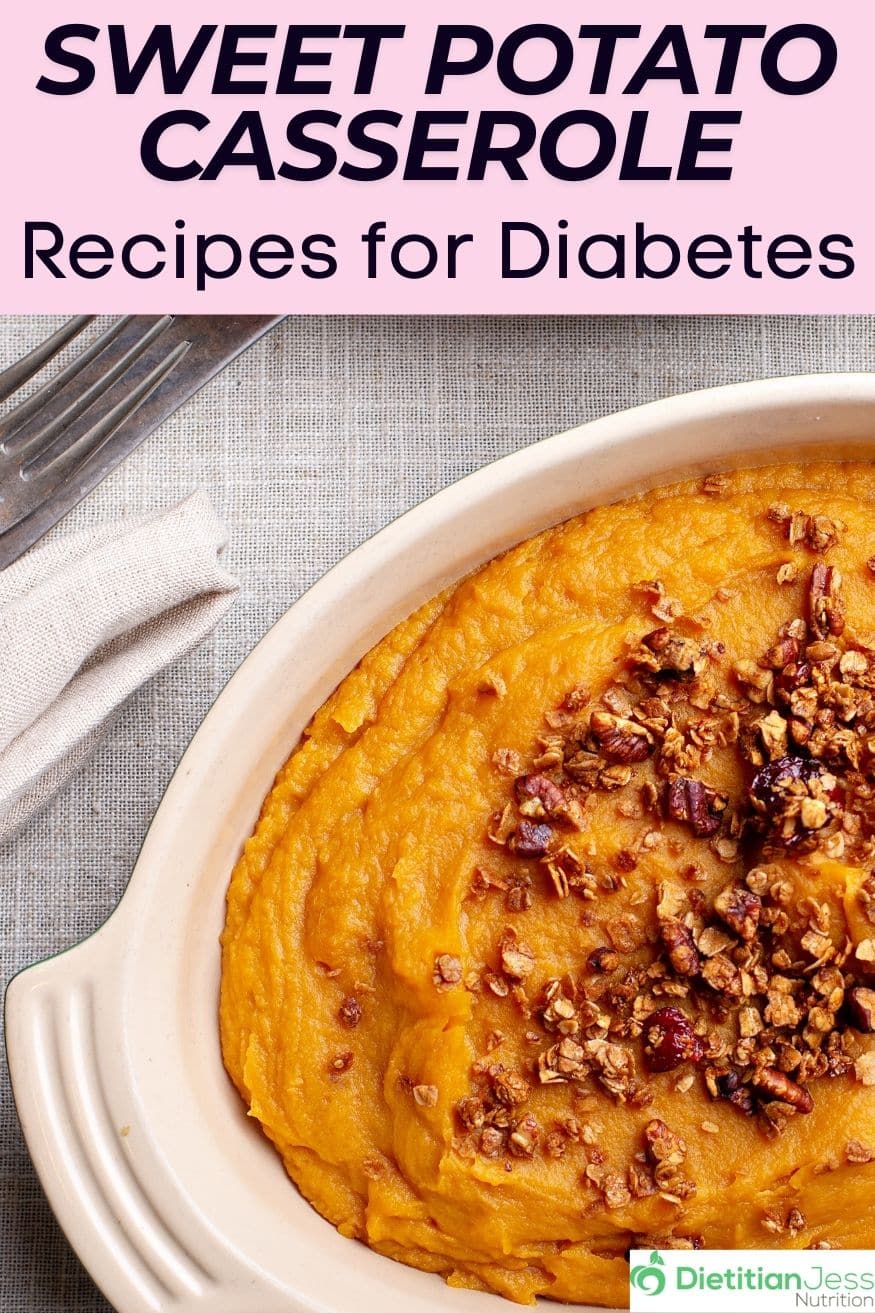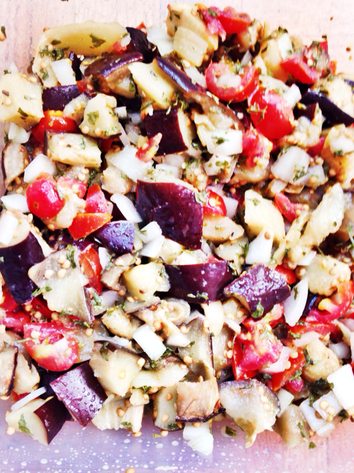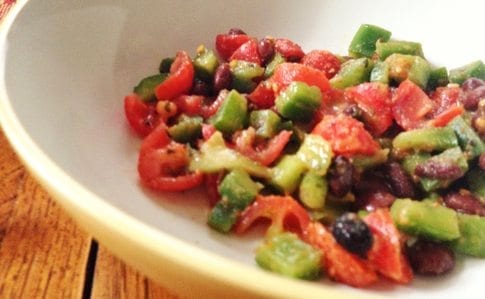Can diabetics eat sweet potatoes??
Let’s dive into what makes sweet potatoes nutritionally beneficial and how they can be incorporated thoughtfully into a diabetes-friendly lifestyle. Many people with diabetes wonder if they’re safe to enjoy without risking blood sugar spikes. The good news is that, with some simple strategies and portion awareness, sweet potatoes can indeed fit into a balanced diabetes diet.
Are Sweet Potatoes Healthy??
Sweet potatoes are rich in vitamin A, vitamin C, potassium, and manganese. These nutrients work together to support overall health and help protect against some of the complications associated with diabetes.
How Do Sweet Potatoes Affect Blood Sugar?
Sweet potatoes do contain carbohydrates, which means they will impact blood sugar. However, due to their high fiber content, they have a gentler effect on blood glucose than many other carb-heavy foods. Fiber slows digestion, allowing glucose to enter the bloodstream more gradually.

Should you choose sweet potatoes or white potatoes?
Sweet Potatoes have a slightly lower glycemic index than regular white potatoes, meaning they have a more gradual impact on blood sugar levels. Regular potatoes tend to cause more significant blood sugar spikes..
Pairing Sweet Potatoes with Other Foods to Stabilize Blood Sugar
Pairing sweet potatoes with other foods is a simple strategy to help keep blood sugar levels steady. Adding proteins, healthy fats, or fiber-rich vegetables to a meal with sweet potatoes can help slow down the absorption of sugars and create a balanced blood sugar response.
Lean proteins such as grilled chicken, turkey, or plant-based options like chickpeas or lentils, or try healthy fats like avocado, olive oil, or nuts provides a balanced meal with slow-digesting energy. These foods also bring additional nutrients, making meals more filling and satisfying.

Sweet Potato Diabetes Recipes
Air Fryer Sweet Potato Wedges
Take 2 medium sweet potatoes, washed and cut into wedges. In a large bowl, toss the sweet potato wedges with olive oil, garlic powder, paprika, salt, and black pepper until evenly coated. Place the sweet potato wedges in a single layer in the air fryer basket and cook at 400°F for 12-15 minutes. Shake the basket halfway through to make sure they cook evenly. Or go with my vegan sheet pan dinner recipe and pop them in the oven for an easy weeknight meal.
Sweet Potato Black Bean Burgers
Steam or microwave the sweet potato until soft, combine with black beans and mash together. Stir in ½ cup rolled oats, 1 TBSP cumin 1 tsp smoked paprika, 1 tsp garlic powder, salt and pepper to taste. Combine to form a thick mixture and then separate into 4 equal portions and shape them into burger patties. Heat the olive oil in a non-stick skillet over medium heat. Add the patties to the skillet and cook for 4–5 minutes on each side until golden brown and firm to the touch.
Mashed Sweet Potatoes with Herbs
Mix mashed sweet potatoes with a dollop of plain Greek yogurt, fresh rosemary, and thyme for a creamy, savory twist. Add a bit of salt and pepper, and top with a sprinkle of parmesan for a rich finish. Greek yogurt offers protein that helps keep blood sugar stable, while herbs enhance flavor without added calories or carbs.
Bonus: Most Pumpkin and Butternut Squash Recipes can be substituted with Sweet Potatoes
Pumpkin and winter squash, like acorn, butternut, and hubbard, all come from the same plant family, so they’re pretty sim ilar in terms of nutrients. Just like sweet potatoes, their deep orange color is a sign they’re packed with carotenoids—those powerful compounds that bring a lot of health benefits.
Baked Sweet Potato (Diabetes)
Truly a hack to bring out the natural sweetness of the potato: Take a sweet potato, swab holes in it using a fork, wrap in tin foil, bake at 400 for 35-40 minutes.

Diabetes-Friendly Sweet Potato Casserole Recipes
Including sweet potatoes allows you to enjoy a classic holiday favorite without causing large blood sugar fluctuations. Their fiber, antioxidants, and balanced carbs make them a satisfying addition to any diabetes-friendly Thanksgiving spread.
Sweet Potato Casserole with Nut Topping
Make a lighter version of the classic casserole by topping it with a mixture of oats, chopped nuts, and a small amount of melted butter for a crispy, nutrient-packed alternative. The natural sweetness of cinnamon and the crunch of pecans adds flavor and texture without extra sugar. Pecans provide healthy fats and fiber, which can help moderate blood sugar rises after eating.
Sweet Potato Casserole with Toasted Seed Topping
For a nut-free option, top the casserole with a mix of pumpkin, sunflower, and chia seeds tossed in a bit of olive oil and spices. The seeds add crunch and nutrients like fiber, protein, and healthy fats. Seeds are nutrient-dense and add minimal carbs, making them a great alternative to sugary toppings.
Sweet Potato & Cauliflower Mash
Blend mashed sweet potatoes with steamed cauliflower to create a lighter casserole base. Add a touch of olive oil, garlic, and chives. Top with finely chopped nuts like almonds or walnuts. Cauliflower helps reduce the overall carbohydrate content of the dish, while nuts add fiber and healthy fats.
Spiced Sweet Potato Casserole with Coconut Milk
Instead of adding sugar, use warming spices like cinnamon, nutmeg, and a pinch of ginger in the mashed sweet potatoes. Add a splash of unsweetened coconut milk for creaminess and top with shredded coconut for a tropical twist. The spices add natural flavor and may even help with glucose regulation, while coconut milk provides healthy fats without added sugar.
Sugar-Free Sweet Potato Casserole
If you want a hint of sweetness, add just 1–2 teaspoons of pure maple syrup along with cinnamon, nutmeg, and vanilla extract to your mashed sweet potatoes. This adds a rich depth without overloading on sugar. You can also use a sugar substitute like allulose or monk fruit.

Conclusion:
Sweet potatoes can be a nutritious and flavorful part of a balanced diet for people with diabetes. These root vegetables offer numerous health benefits with their wealth of vitamins, fiber, and antioxidants.
By understanding how sweet potatoes impact blood sugar and taking steps to pair them with other macronutrients, people with diabetes can savor the natural sweetness and nutritional power of this versatile vegetable with confidence.


